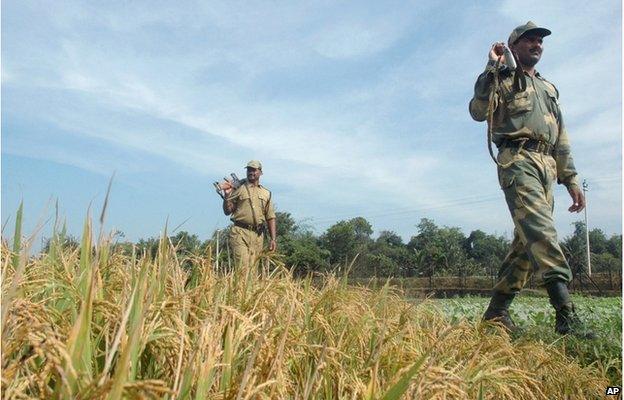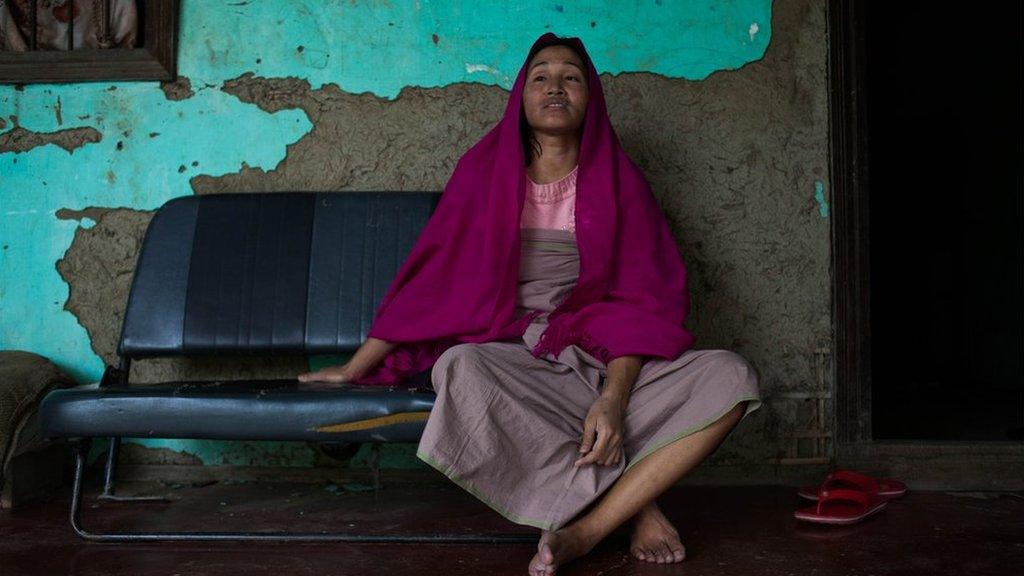Tripura: India state lifts 'draconian' law AFSPA
- Published

Tripura has a history of insurgent violence
Authorities in an Indian state have withdrawn a controversial anti-insurgent law after 18 years.
The north-eastern state of Tripura had imposed the Armed Forces Special Powers Act (AFSPA) in February 1997 following a rise in separatist insurgency and violence.
Chief Minister Manik Sarkar said there was no need for the law as the "problem has been contained".
The law gives the security forces the powers of search and seizure.
It also protects soldiers who may kill a civilian by mistake or in unavoidable circumstances during an operation.
The law has been blamed for "fake killings" in Indian-administered Kashmir and the north-eastern state of Manipur and campaigners say it is often misused.
Mr Sarkar said his government had reviewed the situation in the areas affected by rebel violence and discussed the issue with the state police and other security forces.
"They suggested that there is no requirement of the Act now as the insurgency problem has largely been contained," he was quoted as telling reporters by Press Trust of India news agency.
Mr Sarkar said when the law was introduced, there were only 42 police stations in Tripura, and two-thirds of the area under these police stations were covered under the law.
"The number of police stations at present are 74 and out of 74 police stations 26 police stations were fully - and four police stations partly - under this Act till recently," he added.
India introduced AFSPA in 1958 to put down separatist movements in certain parts of the country.
The law was first enforced in Manipur and later introduced in other insurgency-ridden north-eastern states.
It was extended to most parts of Indian-administered Kashmir soon after the outbreak of armed insurgency in 1989.
An Indian woman in Manipur has spent more than 10 years on a protest fast against the law.
Irom Sharmila Chanu, 40, has been force-fed through a pipe in her nose since November 2000.
- Published2 November 2014
